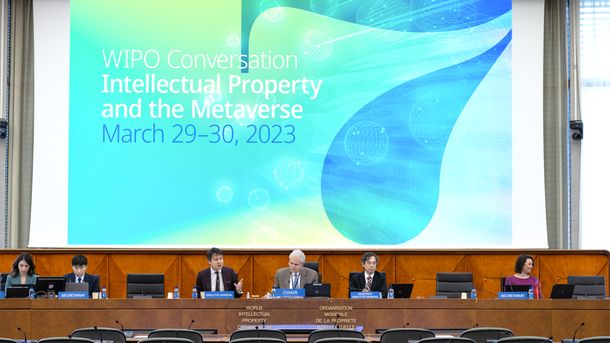How AI, China, and Global Tech Are Reshaping Intellectual Property Law

The world of intellectual property (IP) is being upended by artificial intelligence, 3D printing, and international power plays. Once the quiet domain of patents and trademarks, IP law is now at the center of billion-dollar tech wars—and your next innovation could be caught in the crossfire. Here’s what you need to know.
A Trillion-Dollar Wake-Up Call
In January 2025, a Chinese AI model called DeepSeek triggered chaos on Wall Street, helping to wipe $1 trillion off the US stock market. Its sin? Showing the world that open-source models—freely available and collaboratively improved—can outperform expensive, proprietary ones.
OpenAI quickly accused DeepSeek of stealing its intellectual property. The irony? OpenAI itself has been sued for scraping copyrighted material to train its own models. In a world where AI learns by mimicking everything it sees, it’s getting harder to tell who’s copying whom.
Global Rules, Local Games
Intellectual property was never meant for this pace. Treaties like TRIPS (from the WTO) and guidelines from WIPO (a UN agency) were built in the 20th century—long before AI could generate art, 3D printers could clone products, or data became the world’s most valuable resource.
These global agreements aim to create a level playing field, but reality looks more like a chess match—where the US, China, and big corporations are making moves while smaller countries and creators struggle to keep up.
WIPO: The Diplomat in the Digital Wild West
The World Intellectual Property Organization (WIPO) has tried to adapt. It offers treaties, training, and even alternative dispute resolution for cross-border IP fights. But with no real enforcement power, WIPO is more referee than sheriff.
It has made progress: connecting innovators in poorer nations, launching green tech exchanges, and experimenting with blockchain for IP protection. But its slow pace, especially during crises like COVID-19, has drawn criticism for protecting corporate interests over public ones.
AI: Author or Thief?
The biggest legal question of our time might be this: can a machine own an idea?
Some countries say yes. Others say no. Most are somewhere in between. There’s no global consensus on whether AI-generated inventions or art deserve copyright or patent protection. And without clarity, a flood of disputes is inevitable.
What happens when your startup’s next big idea is cloned by a model trained halfway across the world? What if your job as a writer or designer is replaced by software built using your work—without credit or compensation?
Ready to Protect What’s Yours?
At KOREJZOVÁ LEGAL, we help creators, founders, and businesses navigate the evolving world of intellectual property. From AI-generated content to international patent strategy, we make sure your ideas stay yours.
Need advice on protecting your IP in a post-AI world? Book a consultation today!
Sources
Text: Ruehl, John P. ‘IP Protection Caught in AI-Fuelled Geopolitical Crossfire’. Asia Times, 6 Feb. 2025, http://asiatimes.com/2025/02/ip-protection-caught-in-ai-fuelled-geopolitical-crossfire/.
Photo: WIPO | OMPI, CC BY 2.0 <https://creativecommons.org/licenses/by/2.0>, via Wikimedia Commons